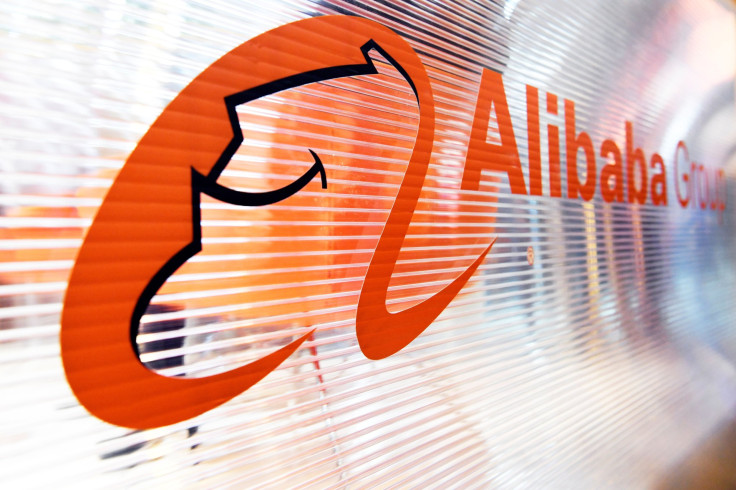US, China Trade Deficit Is Short Term Issue: Alibaba Co-Founder

Concerns over the U.S. trade deficit with China are temporary as it would reverse itself in the long term, according to Alibaba co-founder Joseph Tsai.
Speaking at CNBC’s Closing Bell program Tuesday, Tsai said the “structural issue” of the United States' trade gap with China will vanish over a period of time as China augments imports from the U.S.
Tsai said trade imbalances will be offset by the expanding purchasing power of the vast middle class in China.
“With regards to the trade war, I would say this … if you look at the long term, the trade deficit itself will reverse,” he said.
The U.S. imposed tariffs on $250 billion worth of Chinese goods and China hit back with duties on $110 billion worth of U.S imports.
Despite President Donald Trump’s tariffs on Chinese imports to cover the wider trade gap, China's trade surplus still reigned at $323 billion in 2018, the highest since 2006.
The Chinese e-commerce captain exuded confidence that the trade deficit will automatically come down when the Chinese government starts buying $40 trillion worth of goods in the next 15 years.
Noting that China's economy is powered by consumers and the Chinese middle-class consumer base would increase three times the current size by 2030.
“I talk about the 300 million middle-class consumers that will continue to buy more from all over the world," he noted.
Symbiotic relation between U. S and Chinese business
Tsai said a “symbiotic relationship” exists between American businesses with China and vice versa.
Alibaba, China’s online marketplace scripted a big success story with its last quarter growth having outpaced the total growth rate in the e-commerce industry.
Innovations like Alibaba Express or Ali Express have endeared to many retail markets.
Tsai pointed out the support Alibaba platform is offering to several U.S. origin products such as juice from Ocean Spray and apples from Washington.
“We remain optimistic that there's going to be a resolution at some point,” Alibaba co-founder added referring to the trade war.
China’s current account deficit is widening
Meanwhile, investment bank Morgan Stanley has warned that China would become more dependent on foreign capital as the current account deficit is widening.
“The Chinese economy's current account is in long-term decline and the future growth of the economy will be increasingly dependent on foreign capital,” said the bank in a report.
China's current account surplus was 10.3 percent of the GDP in the third quarter of 2017. It slipped to just 0.4 percent in the third quarter of 2018. In 2019, the current account deficit could shrink to 0.3 percent of the GDP, and will further diminish to 0.6 percent of the GDP.
China had a huge current account deficit problem in 1993. But the bank warns that the unfolding situation is not similar to the past one, as the shortfall is looking “sustained,” and may push the world's second-biggest economy to the mercy of foreign capital from 2020.
© Copyright IBTimes 2024. All rights reserved.





















